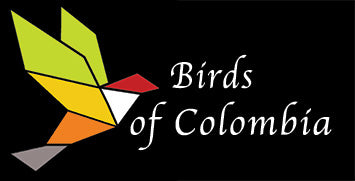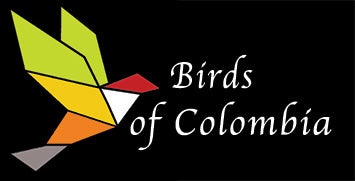New World Vultures
Ecology: New World Vultures primarily feed on carrion, or dead animals. They play a critical role in ecosystems by cleaning up carcasses and reducing the spread of disease. Their highly acidic stomachs allow them to digest decaying meat that may contain harmful bacteria.
Physical Features: New World Vultures have unique adaptations for scavenging. They have strong, hooked beaks for tearing flesh, sharp eyesight for locating food from the air, and a keen sense of smell to detect the scent of decaying carcasses.
Species: Some well-known species of New World Vultures include the Andean Condor, California Condor, Turkey Vulture, and Black Vulture. These birds vary in size and range but share similar scavenging behavior.
Conservation: Several species of New World Vultures are threatened or endangered due to factors such as habitat loss, hunting, poisoning, and collisions with power lines. Conservation efforts, such as captive breeding programs and habitat protection, are in place to help safeguard these important scavengers.
Cultural Significance: New World Vultures have cultural significance in many indigenous cultures and play roles in folklore, symbolism, and spiritual beliefs. For example, the Andean Condor is revered by indigenous Andean peoples and is considered a symbol of power and freedom. New World Vultures are fascinating birds with unique ecological roles in maintaining ecosystem health, and they are an important part of the biodiversity of the Americas.
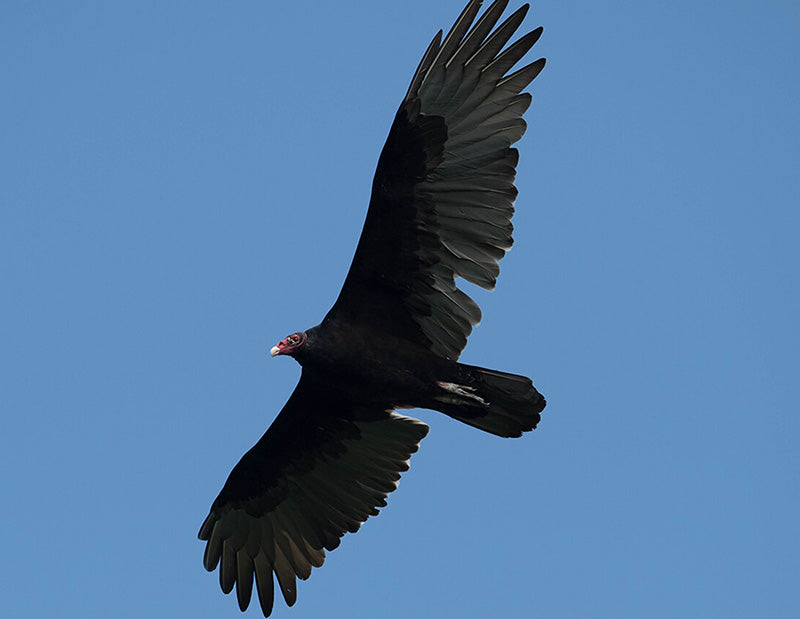
Turkey Vulture
Cathartes aura
Spanish Name: Guala Cabecirroja
Size: 28 in | 71cm
Habitat: A variety of habitats, including open grasslands, forests, scrublands, deserts, and even urban areas.
Height: <3000 m
Photo: ©
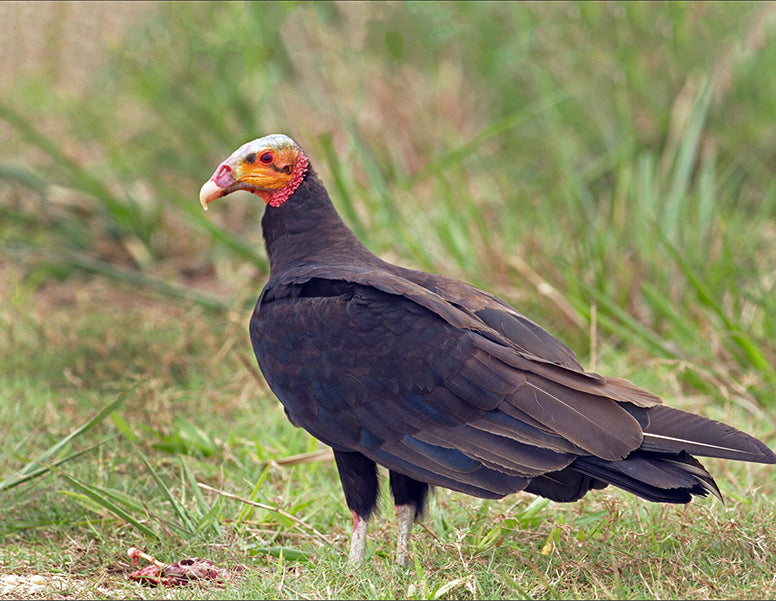
Lesser Yellow-headed Vulture
Cathartes burrovianus
Spanish Name: Guala Sabanera
Size: 25 in | 64 cm
Habitat: Wide range of habitats, including tropical forests, savannas, wetlands, and urban areas.
Height: <1000 m
Photo: © Ian Davies eBird S12625346 Macaulay Library ML 26847481
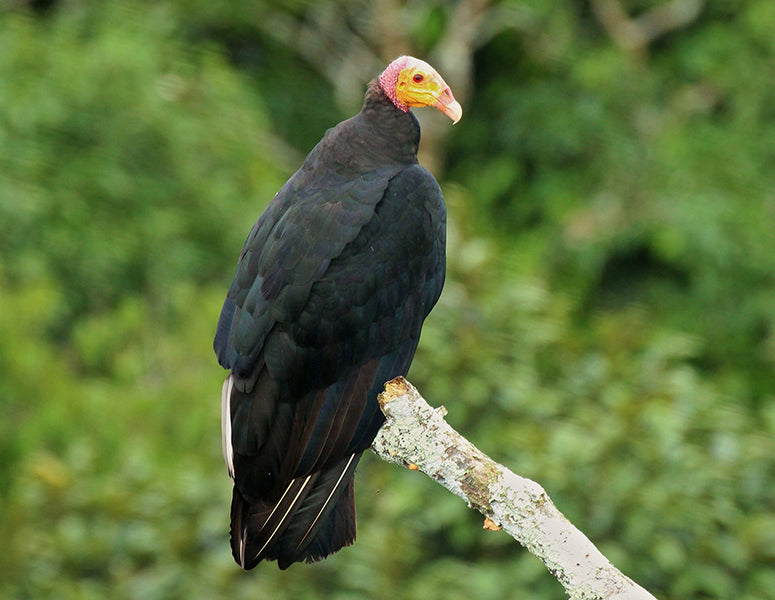
Greater Yellow-headed Vulture
Cathartes melambrotus
Spanish Name: Guala Amazónica
Size: 30 in | 76 cm
Habitat:
Height: <700 m
Photo: © Chuck Gates eBird S36188138 Macaulay Library ML 55413851
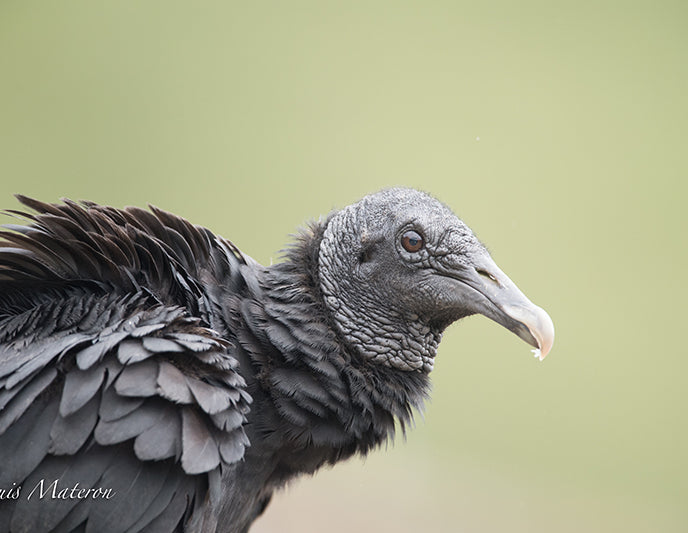
American Black Vulture
Coragyps atratus
Spanish Name: Gallinazo Negro
Size: 24 in | 61 cm
Habitat:
Height: <3400 m
Photo: © Luis A. Materon
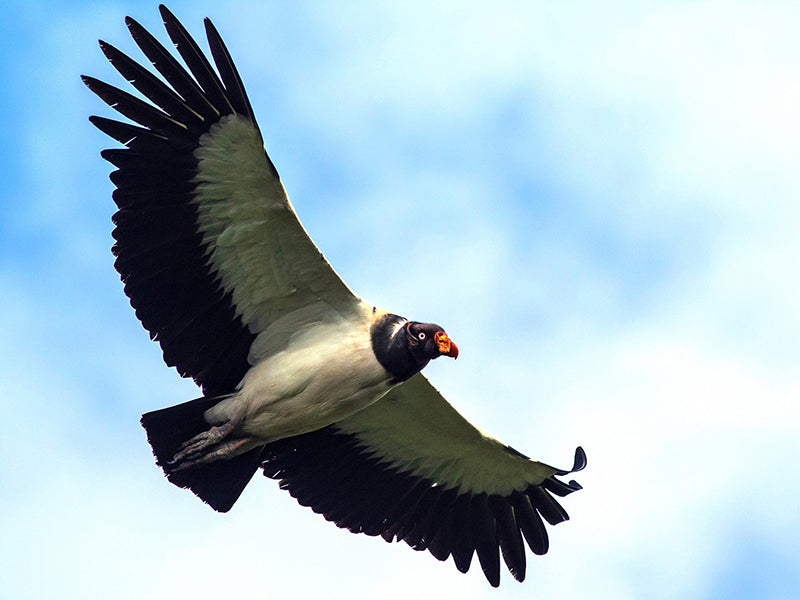
King Vulture
Sarcoramphus papa
Spanish Name: Rey de los Gallinazos
Size: 32 in | 81 cm
Habitat:
Height: 1500-3300 m
Photo: © Francis Canto Jr eBird S64147152 Macaulay Library ML 208032701
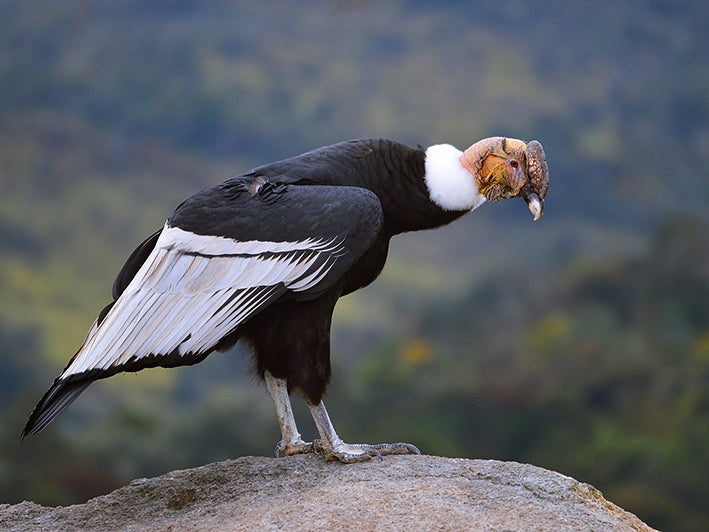
Andean Condor
Vulture gryphus
Spanish Name: Cóndor Andino
Size: 48 in | 122 cm
Habitat:
Height: 3000-5200 m
Photo: © Eduardo Lago V.
